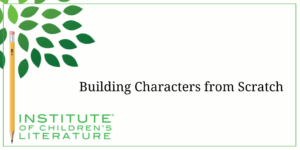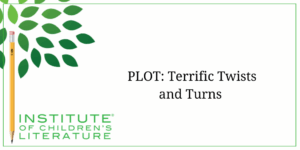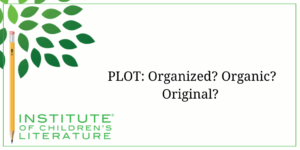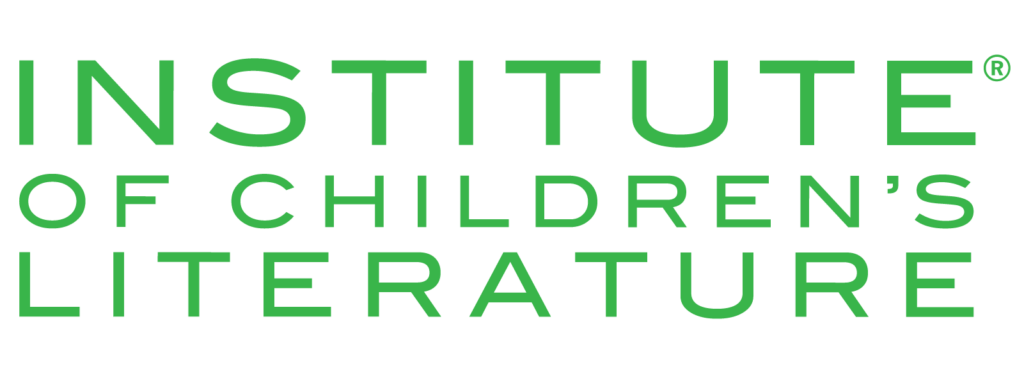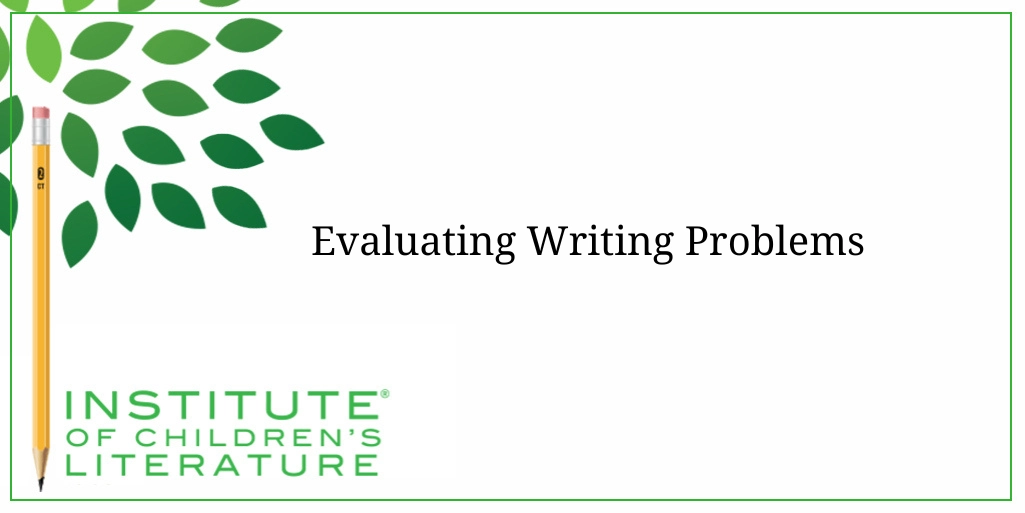
- Date: August 15, 2024
- Author: Jan Fields
- Category: Writing for Children Blog
- courses, Craft, research, writing courses
We teach our students how to write and get published!
View our Course Catalog >
Evaluating Writing Programs
Finding help when you feel you're ready to put some serious time and work into your writing can be tough. There are scammers who will offer help and then try to talk you into massive expenditures over time. And there are well-meaning people who are hanging out “mentor” or “editor” shingles but simply don't have the experience and skills to be much help.
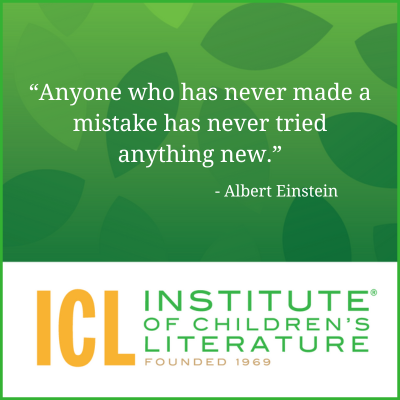 So, what is a person to do?
So, what is a person to do?
How do you evaluate a critique program or a writing program and decide if it's worth your time and your money? The answer is research. If you're a writer, research will be (or will become) second nature to you, so now is the time to put that research to work in finding opportunities to learn that are truly going to help you improve.
For me, research begins, as it always does—with questions. Whenever I research anything, I am asking and answering questions. Let's look at the questions I'd ask and some of the answers I'd expect before I invest my money in anything. I'm a writer, I don't have a lot of money to spare. I'm also very naturally cheap and cautious. I recommend you be the same way. Let's look at the questions I would ask.
How long have they been around?
I'm not going to say that a brand-new venture cannot be good. It might be set up by someone who was part of a larger foundation or school for years and knows exactly how to create a wonderful writing experience. But you're gambling whenever you opt into using a brand-new service, since you will usually struggle to find much user feedback on a new venture. And I count a lot on user feedback. I want to know what other people experienced.
 So, I'm always hesitant of a new venture, and I'm much more likely to trust a company that has been around for a long time. The Institute of Children's Literature, for instance, has been around in some form or other since 1969. I was a little girl when the school opened. Now, that alone isn't enough to convince me, and it shouldn't be enough to convince you. But a writing program, workshop, or paid critique program that has some real experience is definitely a positive sign for me.
So, I'm always hesitant of a new venture, and I'm much more likely to trust a company that has been around for a long time. The Institute of Children's Literature, for instance, has been around in some form or other since 1969. I was a little girl when the school opened. Now, that alone isn't enough to convince me, and it shouldn't be enough to convince you. But a writing program, workshop, or paid critique program that has some real experience is definitely a positive sign for me.
Are they connected with an organization you trust?
For me, that is going to mean someone I recognize. Take, for instance, workshops at the Highlights Foundation. They passed the first question test, since the Highlights Foundation was created in 1985, and the Highlights magazine has been around since 1946. So, they've had a lot of time to build trust. I personally feel the same way about the Institute of Children's Literature. Because I know (and even did teaching with) the Institute of Children's Literature, I'm more likely to trust new things the company might add because they've already built trust with me. When ICL added a critique service a few years ago, I was inclined to expect good things from it.
Who are the actual teachers, workshop leaders, or editors?
Before I take a workshop or get anyone to offer paid feedback on my writing, I want to know that the person is likely to have the skills necessary. I'm not interested in getting help from someone who hasn't either been reasonably well-published or worked in the industry as an editor or agent. Now, having skilled, experienced people jacks up price, and these things can get expensive. But getting a cheap critique from someone who doesn't know the business is simply giving away money at best, and potentially slowing down your growth at worst.
Bad advice can set you on the wrong track or encourage bad habits in your work. So, I want to know: who are the people behind the critiques, behind the workshops, behind the classes? I want their names, and I want to be able to research their experience. Again, to borrow from a few gold-standard places, I can easily find the names of everyone leading workshops at SCBWI or Highlights Foundation and I can research their backgrounds and decide if they are likely to be able to give me the information I need before I ever sign up for a workshop. The same is true for The Institute of Children's Literature, which has photos and bios of its instructors readily available on the site.
How much flexibility is built into the writing program?
This one isn't always important to me. For instance, if I'm going to a SCBWI conference, they aren't flexible about when my vacation days land. I have to go when the conference is happening. If I'm going to take an online writing course from Highlights Foundation, on the other hand, there are often videos of the “class sessions” that are available if I cannot be at that session. And if you're taking distance learning writing classes (like those with The Institute of Children's Literature) that don't have a specific time, you have massive flexibility.
 I personally think flexibility needs to increase as the length of commitment and amount of teaching/learning increase. For instance, I don't need a lot of flexibility when my local library offers an online workshop on mystery writing taught by authors in Sisters in Crime (which they did, and it was both free and great). I either have time to go when it happens, or I don't. I don't expect them to operate around my schedule. But when it comes to a distance learning course, I would have to make it work around the demands of my work and my family. So, I'd need more flexibility, or else I'm not going to be able to get my money's worth because I'm going to have to miss things. Before you decide on what kind of instruction you want, look at your own flexibility and be realistic. Sign up for things that you can work around, then commit to completion.
I personally think flexibility needs to increase as the length of commitment and amount of teaching/learning increase. For instance, I don't need a lot of flexibility when my local library offers an online workshop on mystery writing taught by authors in Sisters in Crime (which they did, and it was both free and great). I either have time to go when it happens, or I don't. I don't expect them to operate around my schedule. But when it comes to a distance learning course, I would have to make it work around the demands of my work and my family. So, I'd need more flexibility, or else I'm not going to be able to get my money's worth because I'm going to have to miss things. Before you decide on what kind of instruction you want, look at your own flexibility and be realistic. Sign up for things that you can work around, then commit to completion.
What kind of support materials do you get?
I love support materials. When I go to in-person workshops, I like handouts to peruse later, along with my notes. When I take a writing course, I want materials that don't simply vanish at the end of the course. I once took an online course that had all the support materials available in their proprietary software, so you had to sign on to read all the texts. And the instructor taught in daily chats in a text-based chatroom. Now, I love to read so I wasn't bothered by the text-based chat, but the fact that I ended the class with only my own notes as support materials rankled me. The class wasn't free, and I would have liked some tangible “stuff” at the end.
Forgive me for repeating myself, but this is where I think ICL shines. In the distance learning classes, students get printed course materials. They don't have to print the materials themselves. They simply arrive in the mail. In these days of electronic everything, it's nice to get something you can hold in your hands and read curled up on the sofa.
Now they have a fair bit of electronic materials as well, but these are in addition. And, honestly, publishing is an electronic business so you have to know a certain amount of comfort with navigating electronic resources will be required, and even useful. You might as well get comfortable with the technology that drives publishing now. But I like a mix. Give me something to do online and something to hold in my hand for when I am tired of screens. Do that and I'm a happy girl.
What do people who have taken the course say?
A reputable writing program or editor or critiquer is going to be able to show you responses from the students they've taught and the people they've helped. And they should be able to show you quotes from those people. And, quite frankly, I want to hear that some of them went on to be published. (Check out ICL's Published Grads here.)
 There are so many times I've seen people talking about how their first published book was critiqued at an SCBWI conference, or their first contact with an editor was made at a Highlights Foundation workshop. And I've read the testimonies of students at the Institute that went on to have their dream projects published. And when I see these things, I know that these are options that can actually make the publishing journey successful. They saved people time spent flailing around, trying to learn on their own. They made the rocky path of a writer just a little bit smoother. And if they did that for others, they might do that for me. And I'll cut money loose a little easier when I feel I’m in safe hands.
There are so many times I've seen people talking about how their first published book was critiqued at an SCBWI conference, or their first contact with an editor was made at a Highlights Foundation workshop. And I've read the testimonies of students at the Institute that went on to have their dream projects published. And when I see these things, I know that these are options that can actually make the publishing journey successful. They saved people time spent flailing around, trying to learn on their own. They made the rocky path of a writer just a little bit smoother. And if they did that for others, they might do that for me. And I'll cut money loose a little easier when I feel I’m in safe hands.
You Do You
I'm not saying that any specific program anywhere works for every person. We each have to decide what we most need. For some, it might be the face-to-face time of an in-person conference workshop such as those at SCBWI or maybe at a local community college. I know people who learn best that way. And that's valid. It's not my way, but everyone doesn't have to do things my way.
I know people who like to pick and choose while catching an online workshop here, an in-person workshop there, and maybe a paid critique online. They like feeling like they built their career themselves. And that's valid too.
And, I know people who want to settle in, take a longer class potentially for college credit even, and work through an extensive program, knowing they're going to be in an entirely different place in their writing by the end. Whatever works for you is the best choice you can make. Ask yourself what you want, and how you would best be helped. And then take the time to research carefully before you make any kind of investment. Do that, and you will have the greatest chance of getting exactly the result you most wanted.
It's worth the time to evaluate anything regarding your writing career carefully. It's your hopes and dreams we're talking about here. And they're worth the time it takes to choose wisely. Good luck with it.
Related Articles on Writing Programs
With over 100 books in publication, Jan Fields writes both chapter books for children and mystery novels for adults. She’s also known for a variety of experiences teaching writing, from one session SCBWI events to lengthier Highlights Foundation workshops to these blog posts for the Institute of Children’s Literature. As a former ICL instructor, Jan enjoys equipping writers for success in whatever way she can.

